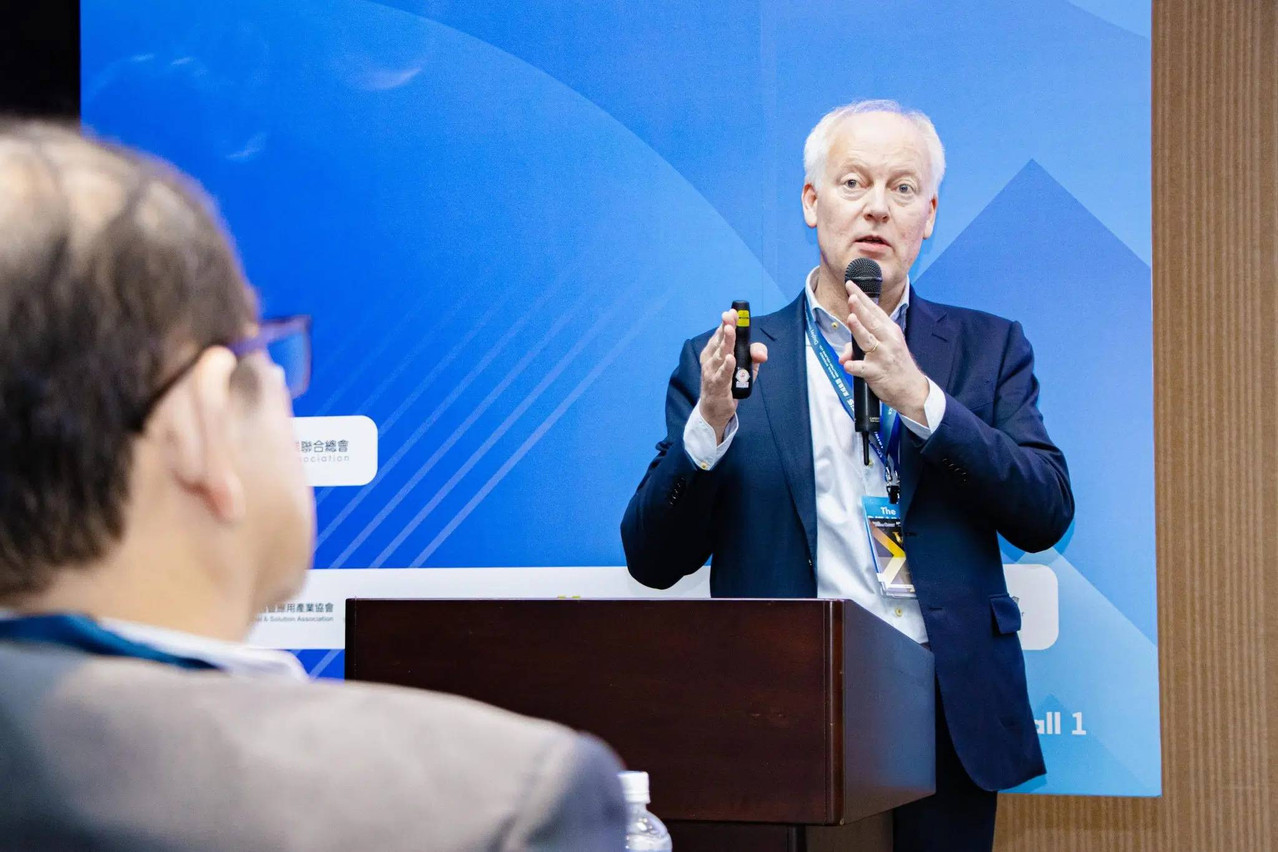SeeReal Technologies, founded by Bo Krøll and with offices in Munsbach and Dresden, is one of the lesser known companies on the European Patent Office (EPO) and the EU Intellectual Property Office’s list of Luxembourg deeptechs.
(To be classified as a “deeptech,” a company must have one or more patents that makes it unique.)
But SeeReal doesn’t deserve to be lesser known: at almost 20 years old--it was launched in 2005--the tech company has around 30 patent applications, according to the EPO. As of 2022, based on its latest financial statement, SeeReal held as many as 107 patent families and 625 patents and patent applications. And its sales hit €1m in 2022.
Its technology even caught the attention of Volkswagen in 2018, when the two companies started working together. A year later Volkswagen took a minority stake in SeeReal for €10m. The technology in question includes holographic displays developed by SeeReal. Since 2020, in VW’s electric ID.3 model, information has been projected into the driver’s field of vision via augmented reality. This type of application represents “significant potential” for SeeReal, as its CEO commented in 2019.
Two others you may not know
Also on the deeptech list is HistoGeneX, which hasn’t actually been Luxembourgish since 2021. The medtech was integrated into Caprion Bioscience by Arsenal Capital Partners before subsequently being rebranded in 2021 as CellCarta, and now it operates from Montreal.
Using its integrated immunology, histopathology, proteomics and genomics platforms and associated sample collection and logistics services, CellCarta supports the entire drug development cycle, from discovery to advanced clinical trials. The company operates globally has more than 700 employees across nine facilities in Canada, the United States, Belgium, Australia and China.
Another company on the list is Revology, which went bankrupt in 2022, according to the commercial register.
The rest
The remaining five deeptechs have been written about by Delano and/or its sister publication Paperjam previously. They are:
—Arspectra, funding from the European Innovation Council in January
—Keiryo Packaging, (in French) 3D printing technology to improve packaging
—Data4,
—LekoLabs, whose technology an attractive (cheaper, stronger) building material
—Scroble, Vivatech last year
Above average
Across the whole sample, 29% of startups had applied for a patent or trademark at some point, with 27% having filed a trademark, 6% having filed patent applications and 2% having filed both a patent and a trademark application. Luxembourg is one of eleven countries where startups are more likely than average to have applied for an intellectual property right.
This article in Paperjam. It has been translated and edited for Delano.
